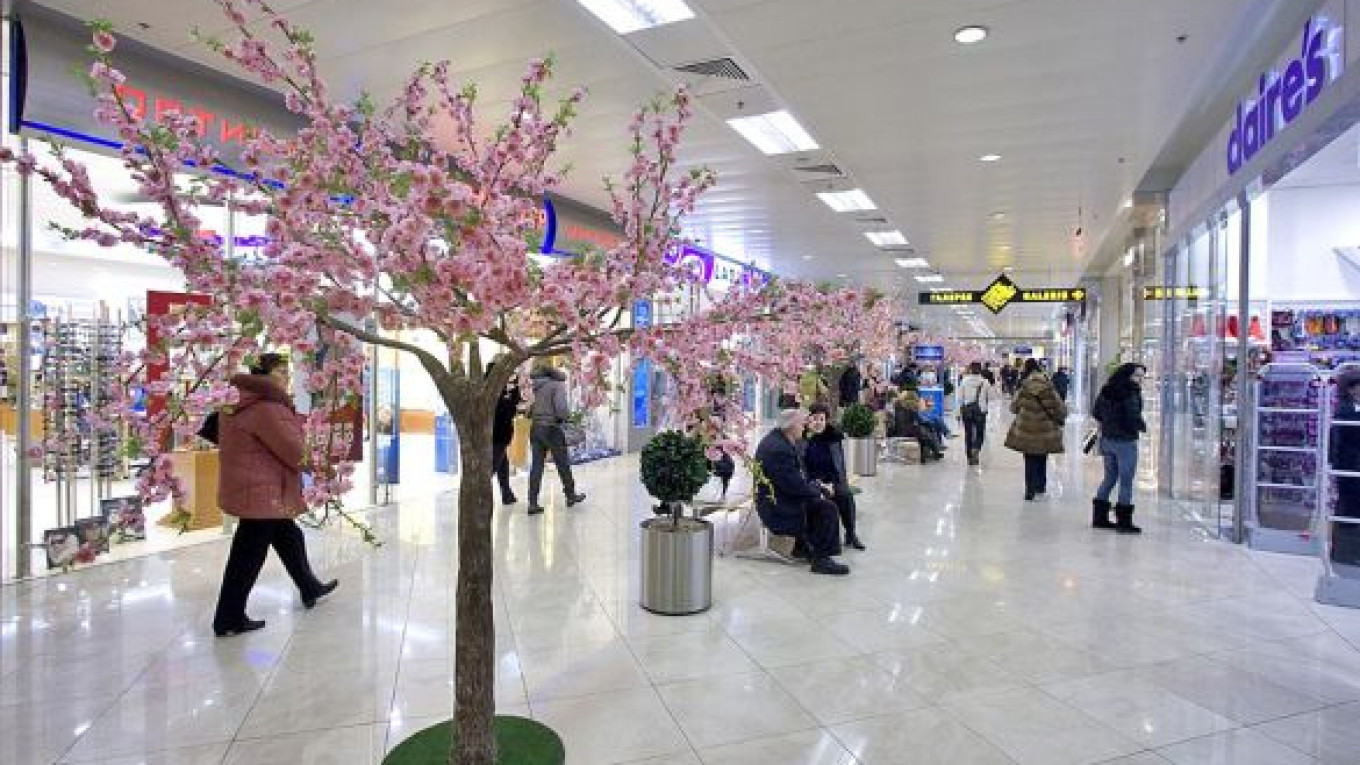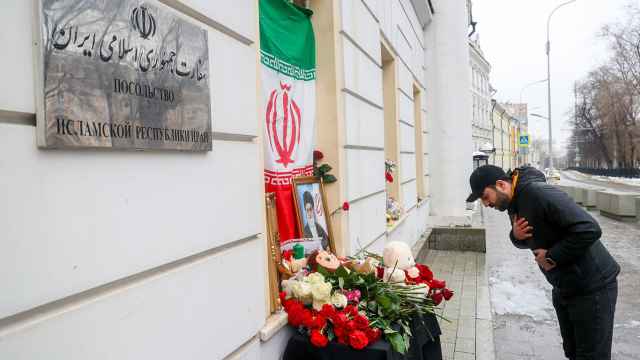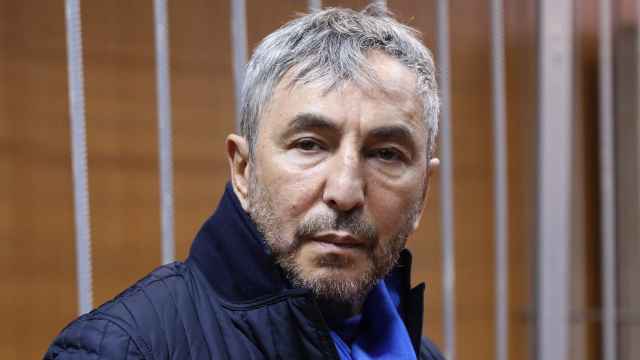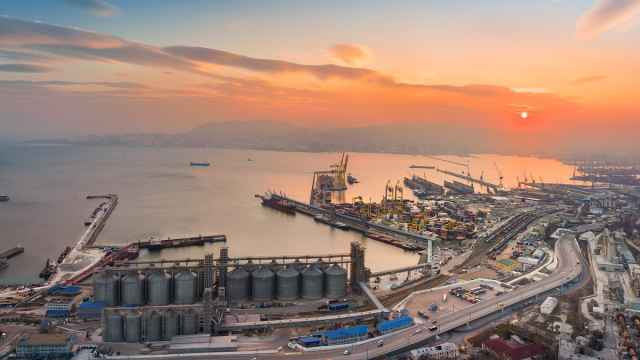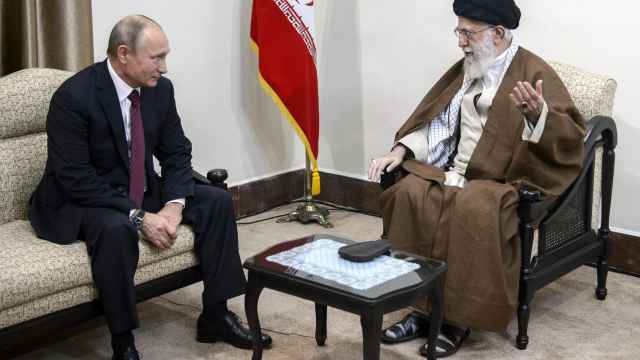The conventional wisdom that "Moscow is not Russia" is confirmed by a recent Cushman & Wakefield report on retail facilities and spending around the country.
While the report claims there are "more similarities between Moscow and, say, London than between Moscow and Novosibirsk," and that Muscovites' annual retail spending, at 7,619 euros ($10,667), is more than twice as high as that of the average Russian (3,571 euros), it notes that Muscovites' retail spending is greater than that of the average German (5,600 euros) or Briton (5,760 euros).
"A huge amount of work was done by the research department in the last three months," Cushman & Wakefield senior analyst Tatyana Divina said by e-mail. "More than 350 retail projects in all researched cities were contacted."
Retail Space Across Russia 2011, released in mid-May, examines a total of 36 markets with a population of 500,000 or more. It analyzes a large amount of statistical material from the State Statistical Service and the Central Bank.
Muscovites spend 78 percent of their income on consumer goods, which is about 40 percent more in absolute terms than the average Western European spends. The average Russian spends 74 percent.
While the capital's residents earn considerably more than the national average — more than half make above 25,000 rubles, or $880, a month versus the national average of $694 — Moscow places only seventh in the report's ranking of quality retail stock per inhabitant.
That indicator is meant to characterize "market saturation, level of competition and market development."
For this aggregated measurement, Krasnodar is the leader — where the average income is 20,545 rubles. That city is followed by St. Petersburg, Voronezh, Samara, Yekaterinburg and Kazan. Vladivostok, with an average income of 24,391 rubles, ranked last among the cities surveyed.
"The remoteness from Russia's industrial and logistics centers, the time difference with the European part of Russia and proximity to China are the key drivers affecting Vladivostok's market development," the report noted.
Sales density, which is the amount of money earned per square meter of sales space, is slightly higher in Russia than in Western countries, the report notes.
The previous version of the report was published by the commercial real estate broker in 2008, Divina said. "During the crisis period, due to the uncertainty on the market, publication was postponed. Now the report is planned to become an annual publication."
A Message from The Moscow Times:
Dear readers,
We are facing unprecedented challenges. Russia's Prosecutor General's Office has designated The Moscow Times as an "undesirable" organization, criminalizing our work and putting our staff at risk of prosecution. This follows our earlier unjust labeling as a "foreign agent."
These actions are direct attempts to silence independent journalism in Russia. The authorities claim our work "discredits the decisions of the Russian leadership." We see things differently: we strive to provide accurate, unbiased reporting on Russia.
We, the journalists of The Moscow Times, refuse to be silenced. But to continue our work, we need your help.
Your support, no matter how small, makes a world of difference. If you can, please support us monthly starting from just $2. It's quick to set up, and every contribution makes a significant impact.
By supporting The Moscow Times, you're defending open, independent journalism in the face of repression. Thank you for standing with us.
Remind me later.


